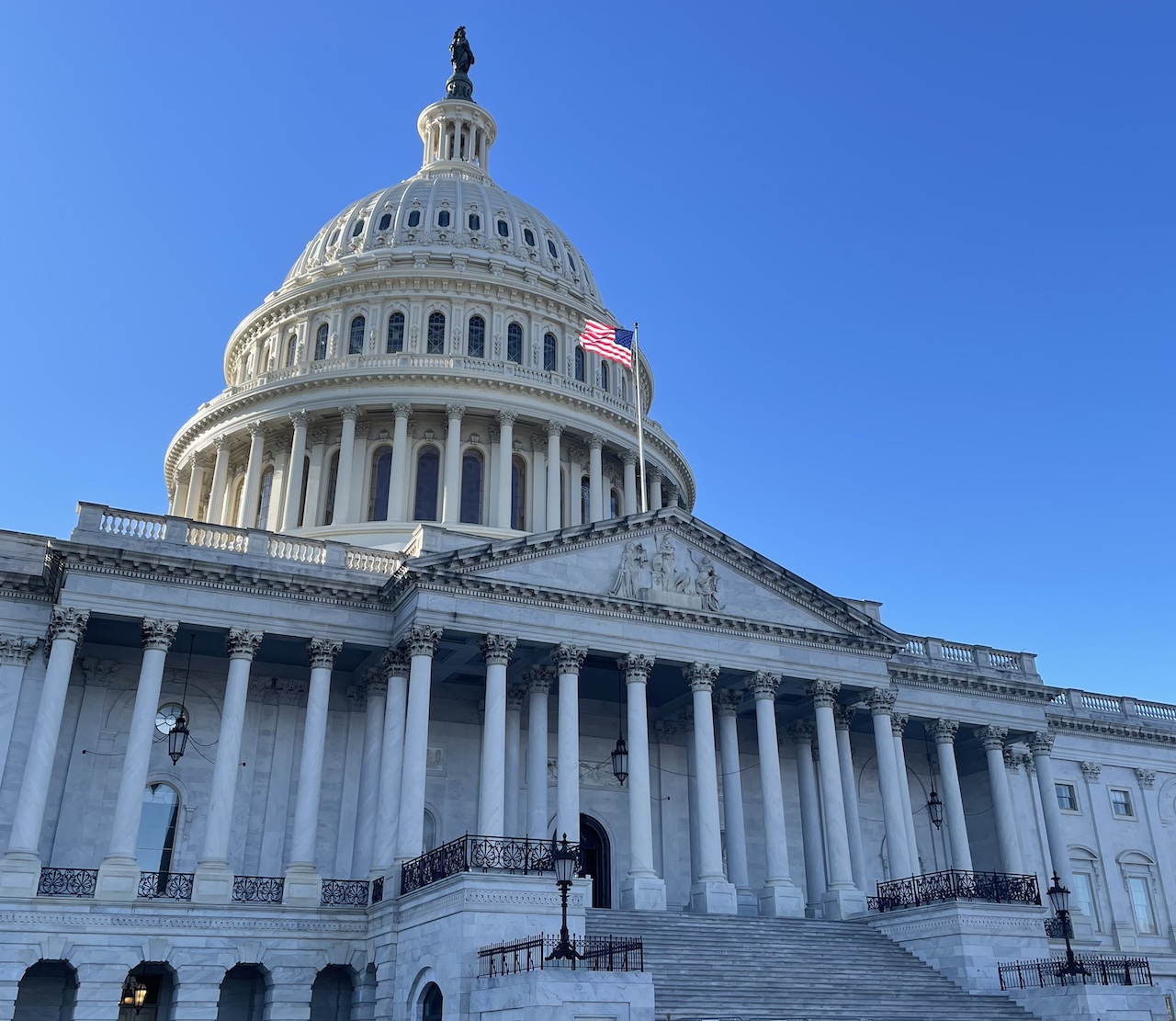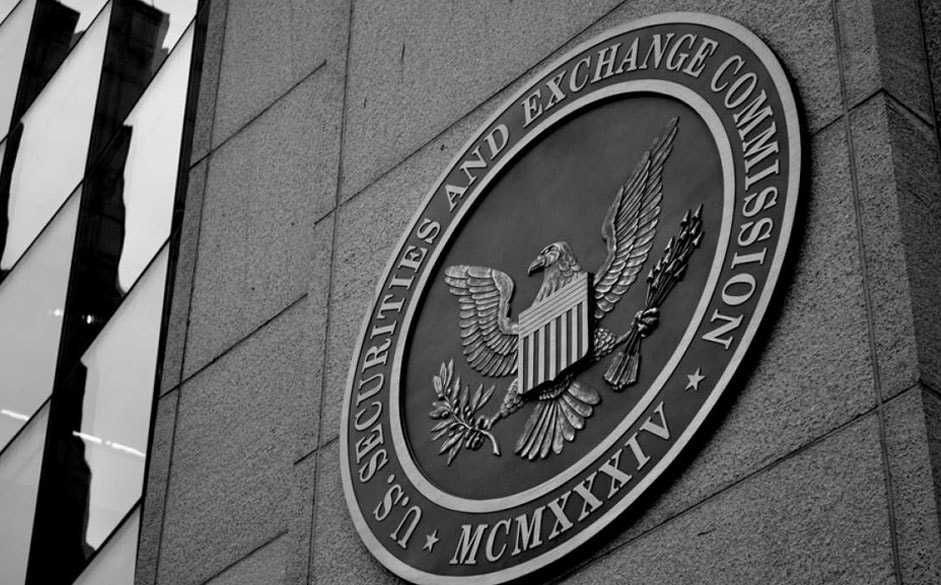
House Passes Anti-CBDC Bill to Protect Financial Privacy
The U.S. House of Representatives has passed H.R. 5403, the CBDC Anti-Surveillance State Act, in a largely partisan vote. The bill, spearheaded by Majority Whip Tom Emmer, seeks to block the Federal Reserve from issuing a central bank digital currency (CBDC) without explicit congressional approval, citing concerns over potential government surveillance and the erosion of financial privacy.
The CBDC Anti-Surveillance State Act aims to prevent the Federal Reserve from issuing a CBDC directly to individuals or through intermediaries. The bill explicitly prohibits using a CBDC for monetary policy or manipulating the economy. Emmer’s legislation also ensures that any future development of digital money reflects American values, emphasizing privacy, individual sovereignty, and free market competitiveness.
Emmer has been vocal about the risks associated with CBDCs, particularly highlighting the potential for financial surveillance akin to practices in China, where the digital yuan is used to monitor and control citizen spending habits. He argued that a CBDC, if not designed to emulate the privacy protections of cash, could enable the federal government to surveil Americans’ transactions and suppress politically unpopular activities.
The bill passed the House with a 216-192 vote, supported by 213 Republicans and three Democrats. The partisan nature of the vote reflects broader disagreements on the role of digital currencies and financial innovation. Republicans focused on the potential misuse of a CBDC as a surveillance tool, with references to dystopian scenarios and government overreach. Emmer and his colleagues repeatedly warned against a future where the government could monitor and restrict individuals’ financial activities.
Democrats, on the other hand, argued that the bill could stifle innovation and harm the global competitiveness of the U.S. dollar. Maxine Waters, the ranking Democrat on the Financial Services Committee, expressed concerns that the bill’s vague language could inadvertently ban wholesale CBDCs, which are essential for maintaining the current payment system. Waters also suggested that zero-knowledge proof technology could protect user privacy in a U.S. CBDC.
Federal Reserve Chair Jerome Powell has indicated that the Fed is not close to recommending or adopting a CBDC. Powell assured lawmakers that any potential CBDC would be introduced through the banking system and only with congressional approval. The Federal Reserve’s cautious stance contrasts with the urgency expressed by some lawmakers and conservative organizations, such as the Heritage Foundation, which has actively lobbied for the bill.
While the bill has passed the House, its future in the Senate remains uncertain, especially given the Democratic majority. Some industry experts and financial institutions have raised concerns that a ban on CBDCs could negatively impact the global dominance of U.S. banks and the U.S. dollar. For instance, TD Cowen, an investment bank, warned that prohibiting both wholesale and consumer CBDCs could give digital currencies like the Euro an edge in global trade.
The debate over H.R. 5403 highlights a fundamental clash between the desire to protect individual privacy and the need to innovate and maintain global financial leadership. Supporters of the bill emphasize the importance of safeguarding American values in the digital economy, while opponents worry about the potential consequences of hindering technological advancements.





